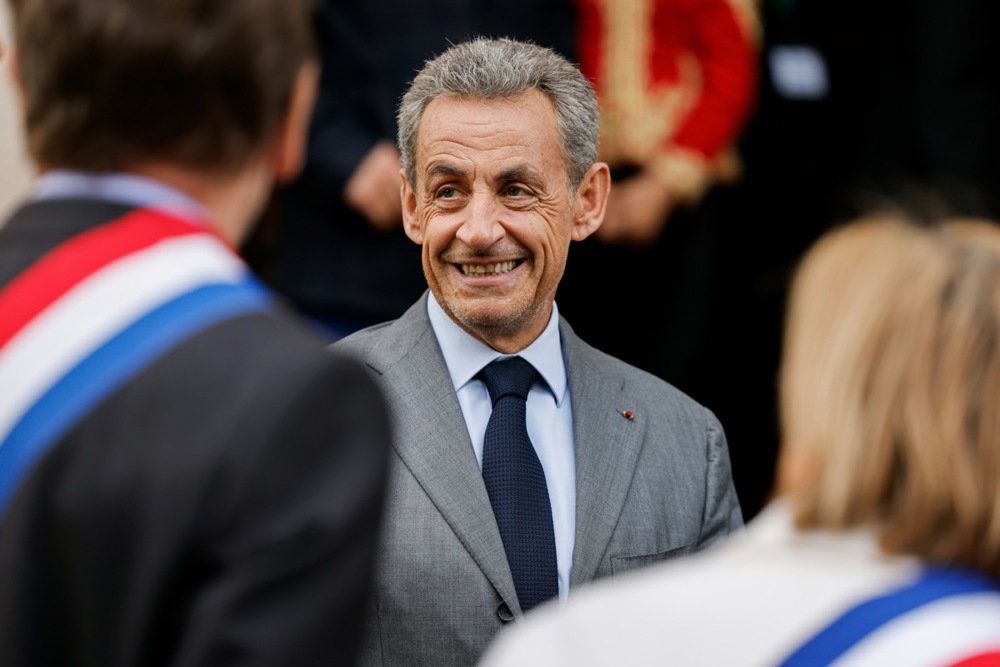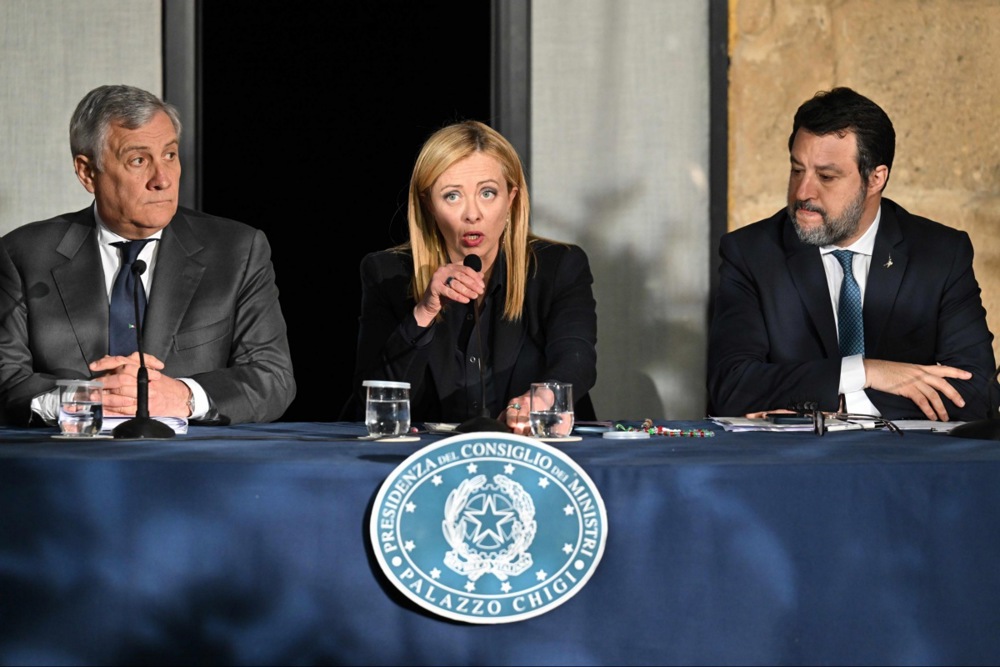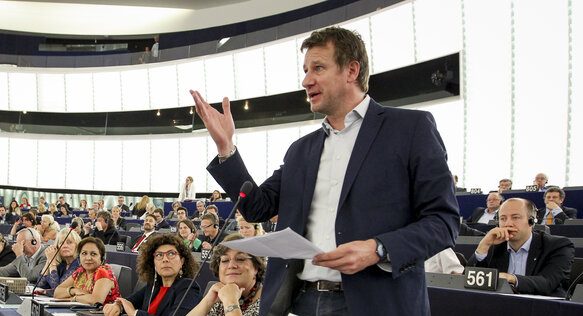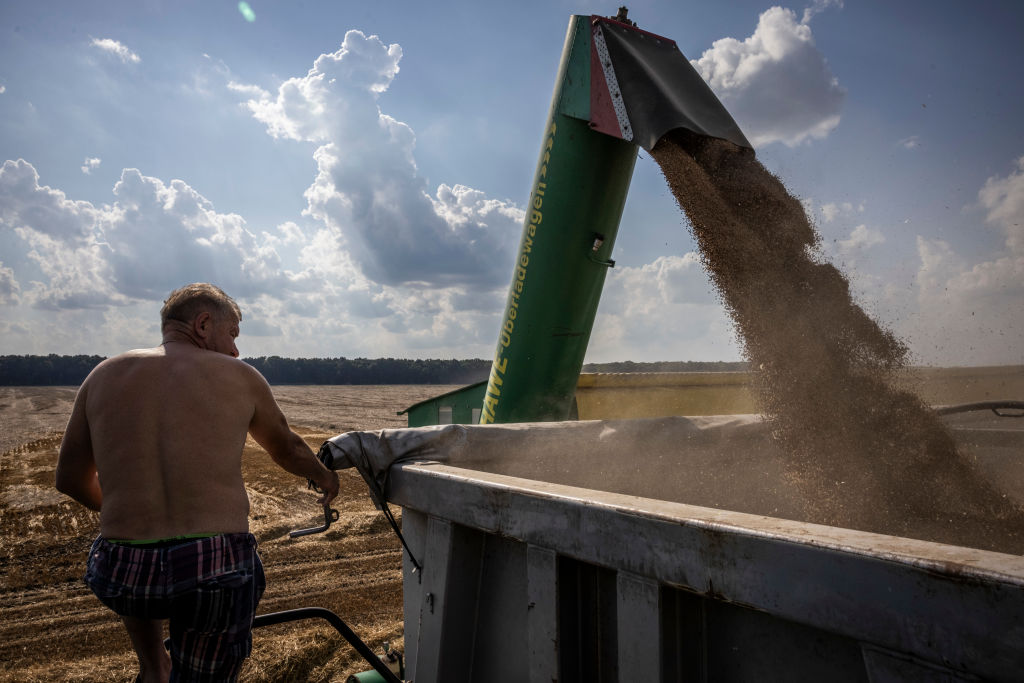Lead Eurocrats start their fight for the top post in one of the European Union’s main banks on August 18.
That is the deadline for applications and unless there are any surprise entrants in the last minutes, the candidate field should now be clear.
The post in question is President of the European Investment Bank (EIB).
With each EU Member State being a shareholder in the bank, and some big names competing for the role, it’s expected that the selection process will lead to some months of political manoeuvring and horse-trading.
While not as well known as the European Central Bank, which is chiefly responsible for monetary policy surrounding the Euro, the EIB has grown in importance recently.
Being responsible for lending out money for development projects, the EIB is taking centre stage as the EU tries to recover from the effects of the COVID pandemic lockdowns and Russia’s war in Ukraine, among other issues.
So who are the candidates?
The best known so far is Margrethe Vestager, the current European Commissioner for the EU’s competition policy. While perhaps being one of the best-suited for the job on paper, in reality she is the most talked about candidate because of recent controversies.
Chief among these was her decision to appoint US citizen Fiona Scott Morton as the EU’s Director-General for Competition This caused a furore, with many demanding to know why a non-EU citizen was being given the role, and one who had a clear conflict of interest when it came to large corporations such as Amazon and Microsoft to boot.
Especially damaging was the fact that the criticism came mainly from the French Government. As with many EU decisions, the support of Paris and Berlin will be vital for Vestager and so far it looks like Paris is not keen.
Italy has put forward seasoned economist and former finance and economy minister Daniele Franco. Franco has been a longstanding technocrat in the Italian central bank and has previously worked at the EC. Italy’s current finance minister Giancarlo Giorgetti told that the press that he thought Franco’s candidacy was “solid and of high standing”.
Franco was appointed minister under the technocratic Draghi government and some observers speculate that his choice is something of an olive branch from the national-conservative Meloni government to the EU.
At the last minute, Spain also threw its hat in the ring by appointing its Deputy Prime Minister Nadia Calviño as a candidate. While there is political instability in Spain, a possible change of government, or a repeat election initially undermined Calviño’s chances, it increasingly looks like Sanchez’s Socialists may secure the government.
Poland is currently promoting Teresa Czerwinska, one of the EIB’s Vice Presidents and a former finance minister.
Sweden is also putting forward a current EIB Vice President, Thomas Östros. Östros is also former minister and has held positions in the IMF as well.
The ultimate decision will be taken by an assembly of the 27 Member States’ finance ministers.
France, as its finance minister Bruno Le Maire said, will only back a candidate who will support EU investment in nuclear energy.
Still, the selection process may also be more favourable to female candidates, as the EIB is eager to install its first woman president.
While not a major appointment in the grand EU scheme of things, many will be watching the EIB events as they unfold. With a mass wave of re-shuffles and re-appointments scheduled after next year’s EU elections, the race for the top job could offer insights into the priorities and interests of the different countries and institutions of the EU.





